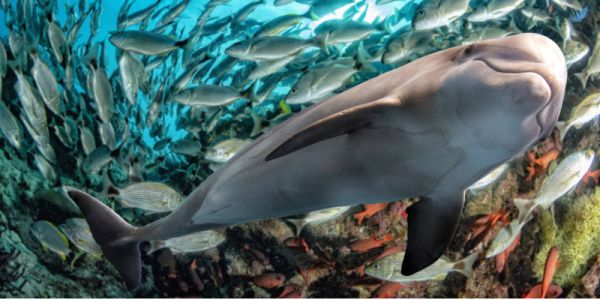
Leeds at COP26: Our climate experts address global leaders
Leeds climate researchers working to tackle the environmental crisis and help the world achieve net zero carbon emissions are preparing to address 200 world leaders at COP26.

Leeds climate researchers working to tackle the environmental crisis and help the world achieve net zero carbon emissions are preparing to address 200 world leaders at COP26.

Parts of the Earth will be uninhabitable by 2500 if the current level of effort to address the climate crisis is maintained, a new study predicts.

Researchers in the UK and Africa have teamed up to help tea producers better understand future climate risks in a bid to reduce crop damage.

A new system for sampling fragments of DNA from marine organisms drifting in the ocean is set to create new opportunities for research into biodiversity and ways of supporting conservation activities.

Setting fire to forest and agricultural land in Southeast Asia to prepare it for cultivation or grazing contributes to an estimated 59,000 premature deaths a year, say scientists.

Scientists studying tropical forests in Africa’s mountains were surprised to uncover how much carbon they store, and how fast some of these forests are being cleared.

Extensive chains of volcanoes have been responsible for both emitting and then removing atmospheric carbon dioxide (CO2), stabilising temperatures at Earth’s surface.

A simple electrical fan is the key component of a low-cost, easy-to-use breathing-support device designed to cope with the surge in COVID-19 cases in low to middle income countries.

A mobile phone app – launched today by an international team of scientists – will support farmers across Africa to adopt environmentally friendly ways of protecting their crops from pests.

Attitudes to earthen homes need to change to prevent millions of them being replaced by buildings made from more environmentally-damaging materials, scientists warn.